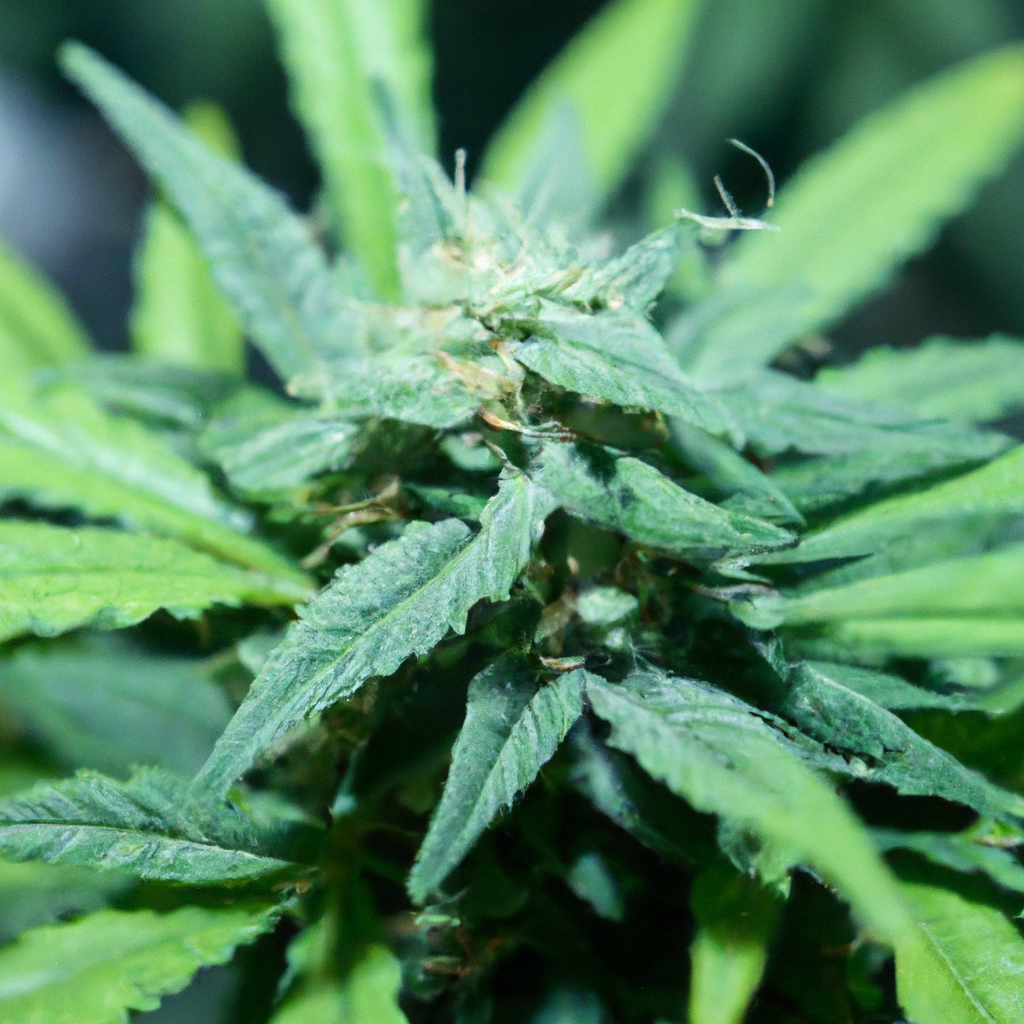Your cart is currently empty!
Growing cannabis successfully requires a careful balance of various elements. Among these, nutrient management is pivotal in cultivating robust, thriving plants. This guide provides valuable insights into optimizing nutrient cycles and overcoming common challenges in cannabis cultivation.
Understanding Essential Nutrients for Cannabis
Cannabis plants require a mix of macro and micronutrients to grow healthily. Here’s a breakdown of the essential nutrients:
- Macro Nutrients: Nitrogen (N), Phosphorus (P), and Potassium (K). These are needed in larger quantities and support overall plant growth and energy transfer.
- Secondary Nutrients: Calcium (Ca), Magnesium (Mg), and Sulfur (S). Vital for strengthening plant structure and aiding in photosynthesis.
- Micro Nutrients: Boron (B), Zinc (Zn), Iron (Fe), Manganese (Mn), Copper (Cu), and Molybdenum (Mo). Required in trace amounts, these support various physiological functions.
Common Challenges in Nutrient Management
Even with proper knowledge, growers face several challenges in maintaining nutrient balance. The following are some common issues and solutions:
- Nutrient Burn: Over-fertilization can lead to leaf tips burning. To prevent this, start with lower nutrient doses and gradually increase as needed.
- Nutrient Lockout: Caused by pH imbalances, it prevents plants from absorbing nutrients. Regularly monitor soil pH to maintain it between 6.0 and 7.0.
- Deficiencies: Identify nutrient deficiencies by observing leaf discoloration and abnormal growth patterns. Tailor your nutrient regimen by adjusting specific under-supplied elements.
Optimizing Nutrient Cycles
Successfully managing nutrient cycles can significantly impact yield and plant health. Follow these steps to optimize nutrient delivery:
- Stage-Specific Feeding: Adjust nutrient solutions based on the plant’s growth stage—higher nitrogen during vegetative and increased phosphorus and potassium during the flowering phase.
- Regular Testing: Use soil and water tests to determine current nutrient levels and adjust your feeding plan accordingly.
- Water Quality: Ensure the water used for feeding is free from contaminants. Consider using filtered or distilled water to prevent the build-up of harmful salts and minerals.
Conclusion
Effective nutrient management is key to unlocking the full potential of cannabis cultivation. By understanding essential nutrients, anticipating common challenges, and optimizing nutrient cycles, growers can enhance plant health, maximize yield, and achieve more flavorful and aromatic harvests. Consistent monitoring and adjustments based on real-time feedback from your plants will set the foundation for thriving cannabis cultivation.
Tags: CannabisCultivation, NutrientManagement, GrowingTips, SoilHealth, StressManagement
Discover more from Magic Clones
Subscribe to get the latest posts sent to your email.


Leave a Reply